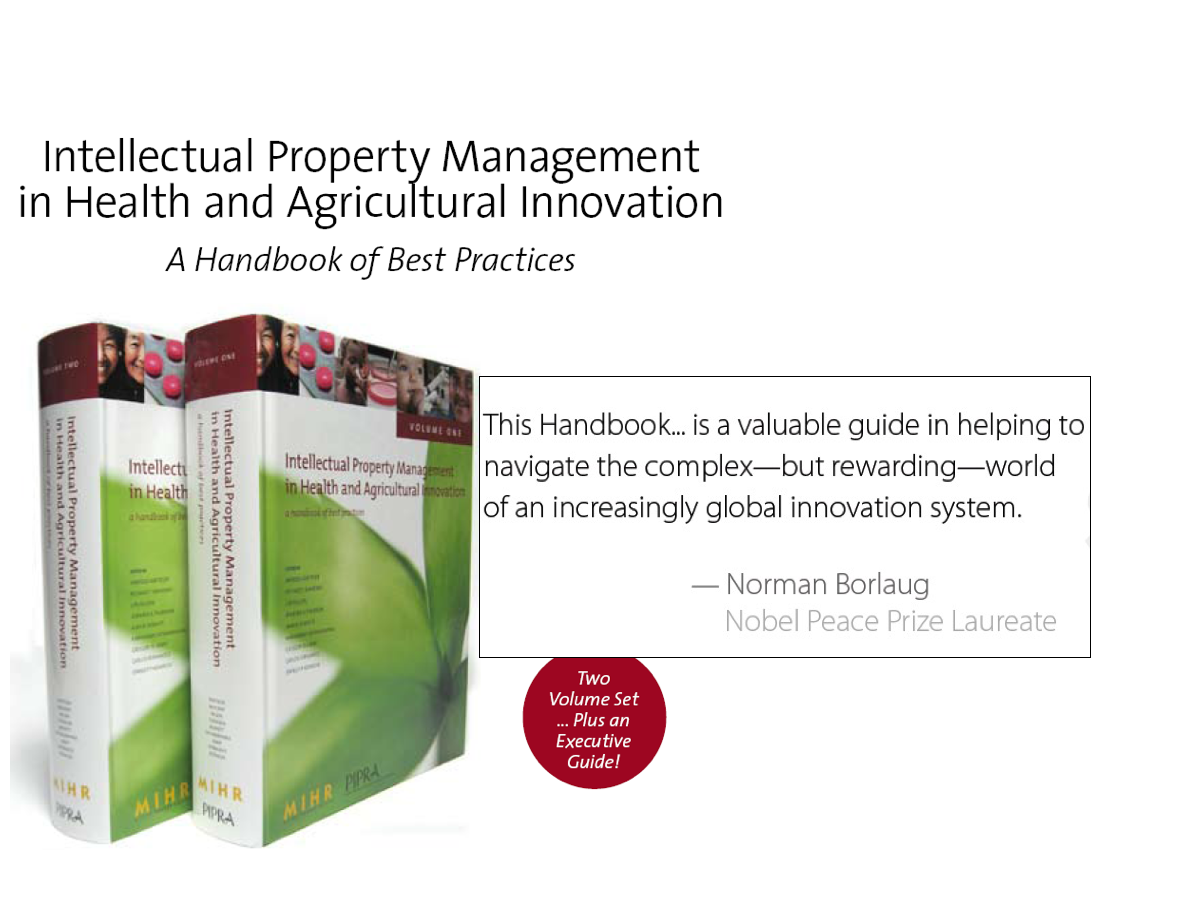 Public Intellectual Property Resource for Agriculture
Public Intellectual Property Resource for Agriculture
PIPRA was created by Bennett in 2004 with support from the Rockefeller and McKnight Foundations. The initial members of the PIPRA network included the University of California (Oakland, Davis and Irvine); the Donald Danforth Plant Science Center; North Carolina State University; Ohio State University; Boyce Thompson Institute for Plant Research; Rutgers, The State University of New Jersey; Michigan State University; Cornell University; University of Wisconsin-Madison; and University of Florida.
PIPRA’s founding mandate was to focus on intellectual property rights (IPR) issues, particularly patents, in plant biotechnology for staple crops in developing countries and specialty crops. The early model of PIPRA curated a clearinghouse – patent information from major public sector organizations (mostly US universities) was gathered, and licensing information was collected. By providing accessible and searchable data on public sector patenting, PIPRA increased transparency and lowered transaction costs – supporting better commercialization of agricultural biotechnology innovations from the public sector.
Complementary to the clearinghouse framework, PIPRA also promoted better management of IP among public sector organizations, including education and outreach on humanitarian use licensing and a range of other topics.
Subsequently, PIPRA’s core activities evolved to meet the needs of its stakeholders. In the first decade of the 2000s, we began to work across a range of technology sectors – including health, water, and energy in addition to agriculture.
During these years, PIPRA focused on providing analyses of intellectual property rights and strategies for technology transfer and commercialization, delivering public sector research tools, and conducting a wide range of activities in education and outreach.
Most recently, especially since 2011, PIPRA has focused increasingly on educational services. While we still offer services such as research tools and legal and policy analyses, we have responded to increasing demand for support surrounding awareness and capacity building, and professional training. We prioritize offering these services to scientists, technology managers, IP attorneys, and policymakers in the public sector in the developing world.
Throughout PIPRA’s sixteen-year history, we have built a model that depends on a strong core technical and legal staff within PIPRA as well as access to a large international pro bono IP attorney network and membership base. We believe that this model of maintaining a specialized and experienced core team with technical and legal knowledge while leveraging outside professional resources provides PIPRA with a unique capacity to serve our stakeholders.
A major resource developed by PIPRA is the IP Handbook in Health and Agricultural Innovation.
